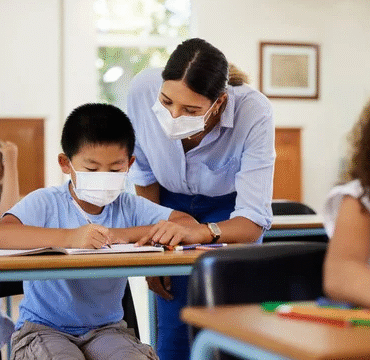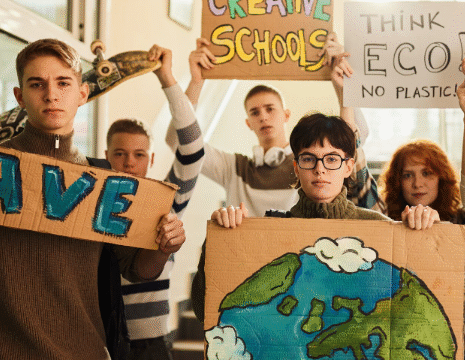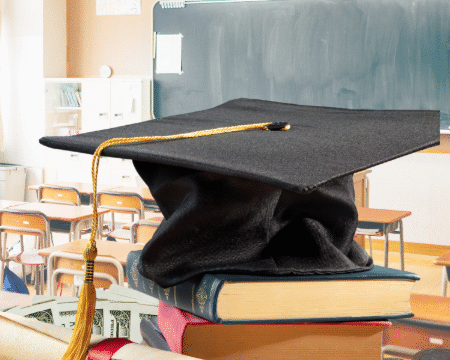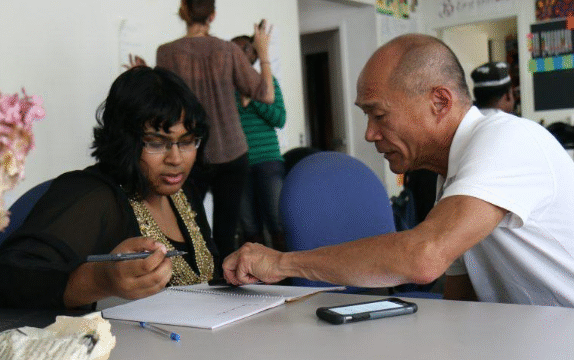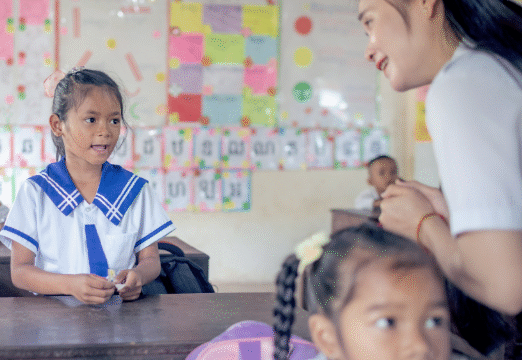Education has long been recognized as one of the most
powerful tools for personal growth, social progress,
and global peace. Yet, millions of children, youth, and
adults around the world still face barriers that prevent them from accessing quality learning opportunities. The United Nations (UN) plays an important role in bringing countries together, setting global goals, and supporting local communities to make education a reality for everyone, regardless of background or circumstances. Its work shows how international cooperation can drive change and ensure that education is not seen as a privilege but as a basic human right.
The United Nations has consistently highlighted education as a foundation for development. After the devastation of the Second World War, the creation of the UN was not only about preventing future conflicts but also about building fairer societies. Education quickly became part of this vision. The UN’s Universal Declaration of Human Rights, adopted in 1948, states that everyone has the right to education. This principle laid the groundwork for the many initiatives, programs, and frameworks that the UN has advanced over the decades.
One of the most influential UN agencies in this field is the United Nations Educational, Scientific and Cultural Organization, better known as UNESCO. Since its founding, UNESCO has worked to expand access to schooling, improve the quality of teaching, and preserve cultural and scientific knowledge. It has served as a platform where nations can share experiences, set standards, and commit to joint action. From campaigns to promote literacy in the 1960s and 1970s to today’s digital learning initiatives, UNESCO has adapted its approach to respond to the changing educational needs of societies.
The UN has also linked education to broader development goals. In 2000, the Millennium Development Goals (MDGs) included a call to achieve universal primary education. This commitment energized governments and organizations to expand school enrollment, especially in low-income countries. Progress was significant, with millions more children entering classrooms. However, challenges such as gender inequality, limited resources, and conflict zones meant that the goal was not fully achieved. These lessons informed the next stage of global action: the Sustainable Development Goals (SDGs).
Adopted in 2015, the SDGs set a new and ambitious agenda for the world. Goal 4 focuses specifically on ensuring inclusive and equitable quality education and promoting lifelong learning opportunities for all. This goal goes beyond access, emphasizing the importance of learning outcomes, teacher training, and safe, inclusive environments. It also acknowledges that education is not just for children but for people of all ages, recognizing the value of lifelong learning in a rapidly changing world. The UN encourages countries to view education as central to achieving other goals, from reducing poverty and inequality to advancing health and climate action.
To turn these commitments into reality, the UN works in close partnership with governments, civil society organizations, and local communities. Agencies such as UNICEF provide direct support to children in need, especially in emergency situations. For example, when schools are disrupted by natural disasters or conflict, UNICEF helps set up temporary learning spaces, distribute materials, and train teachers. These efforts ensure that children can continue their education even in the most difficult circumstances. The UN also plays a vital role in advocacy, reminding leaders that investing in education is an investment in stability, innovation, and peace.
The role of the UN is not limited to setting goals and providing aid. It also focuses on gathering and sharing knowledge. Through initiatives such as the Global Education Monitoring Report, the UN collects data, analyzes progress, and highlights what works and what does not. This information helps countries design better policies and allows citizens to hold governments accountable. By promoting transparency and evidence-based decision-making, the UN strengthens the foundation for effective action.
Another important contribution is the UN’s ability to bring global attention to education. Events such as the International Day of Education, declared by the UN in 2018, remind the world of the importance of learning and encourage collective action. Conferences, summits, and forums organized under UN leadership provide opportunities for leaders, experts, and youth to exchange ideas and commit to new initiatives. This global spotlight helps keep education high on the international agenda, even when other crises compete for attention.
The UN also recognizes that education must adapt to new realities. Technology, migration, and climate change are reshaping societies, and education systems need to prepare learners for these challenges. The UN supports innovative approaches such as digital learning platforms, inclusive curricula, and skills training for green jobs. It encourages countries to make education not just a transfer of knowledge but a tool for fostering critical thinking, creativity, and global citizenship. By promoting values of tolerance and cooperation, education can help reduce tensions and build peaceful communities.
Despite these efforts, the road to education for all is still long. Barriers such as poverty, discrimination, conflict, and inadequate infrastructure remain. Many children, especially girls, are still denied the chance to attend school. Millions of adults lack basic literacy skills. The COVID-19 pandemic further highlighted inequalities, as those without access to the internet or digital devices fell behind. The UN continues to advocate for greater investment, stronger policies, and innovative solutions to close these gaps. It emphasizes that no one should be left behind, and that special attention must be given to the most marginalized groups.
The role of the UN in education is also about hope. It shows that when nations come together, they can tackle shared challenges and create opportunities for future generations. Education has the power to break cycles of poverty, promote gender equality, and equip people to participate fully in society. The UN helps remind us that achieving education for all is not only possible but necessary for building a fairer, safer, and more sustainable world.
As the world moves closer to 2030, the target year for the Sustainable Development Goals, the UN’s leadership in education remains essential. Its commitment to inclusivity, cooperation, and innovation continues to inspire action across countries and communities. The vision is clear: a world where every person, regardless of age, gender, or background, has the opportunity to learn, grow, and contribute. While challenges remain, the progress made so far shows that change is possible when there is shared determination. Education for all is not just a dream; with the continued role of the United Nations, it can be a reality.

